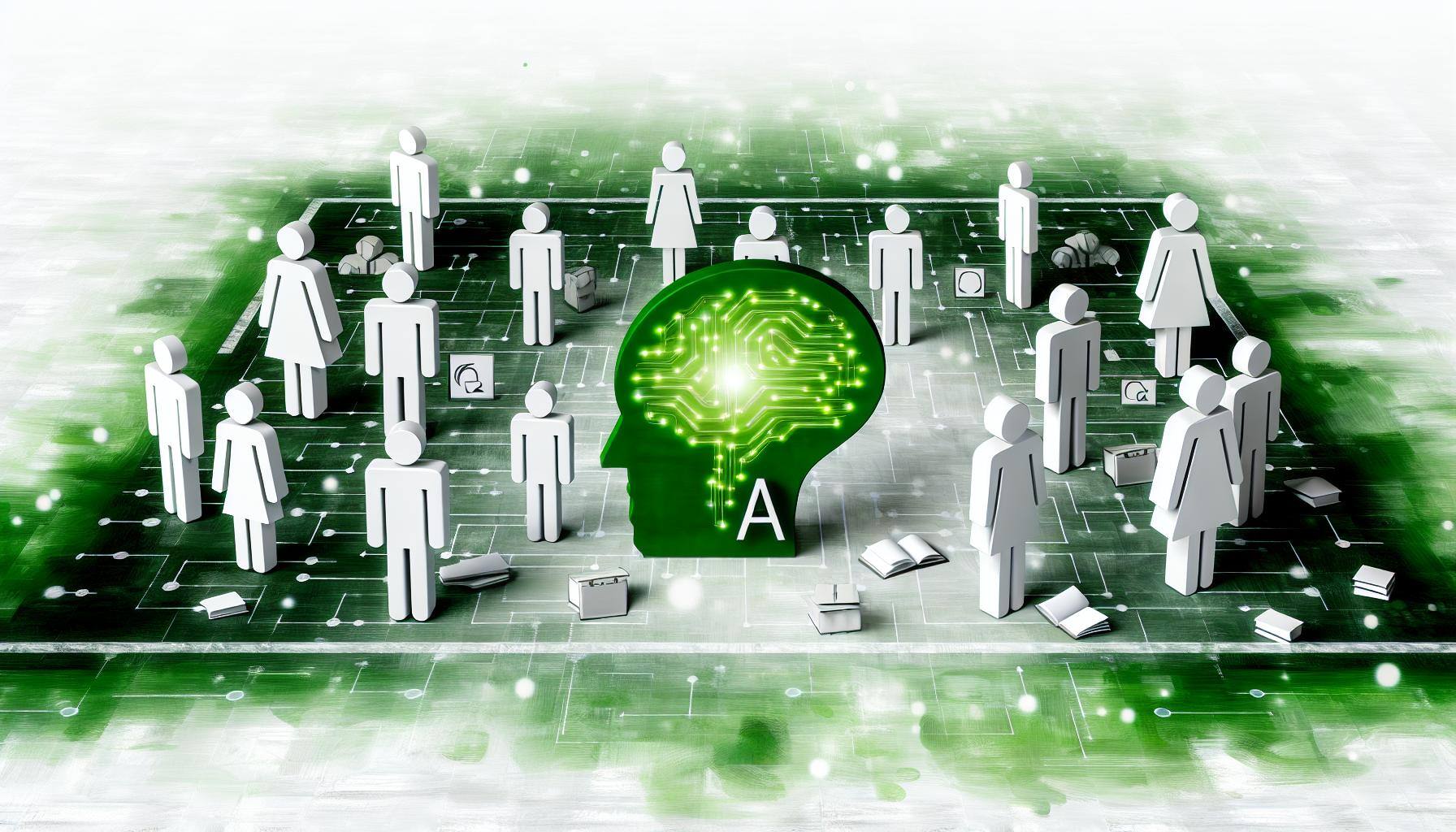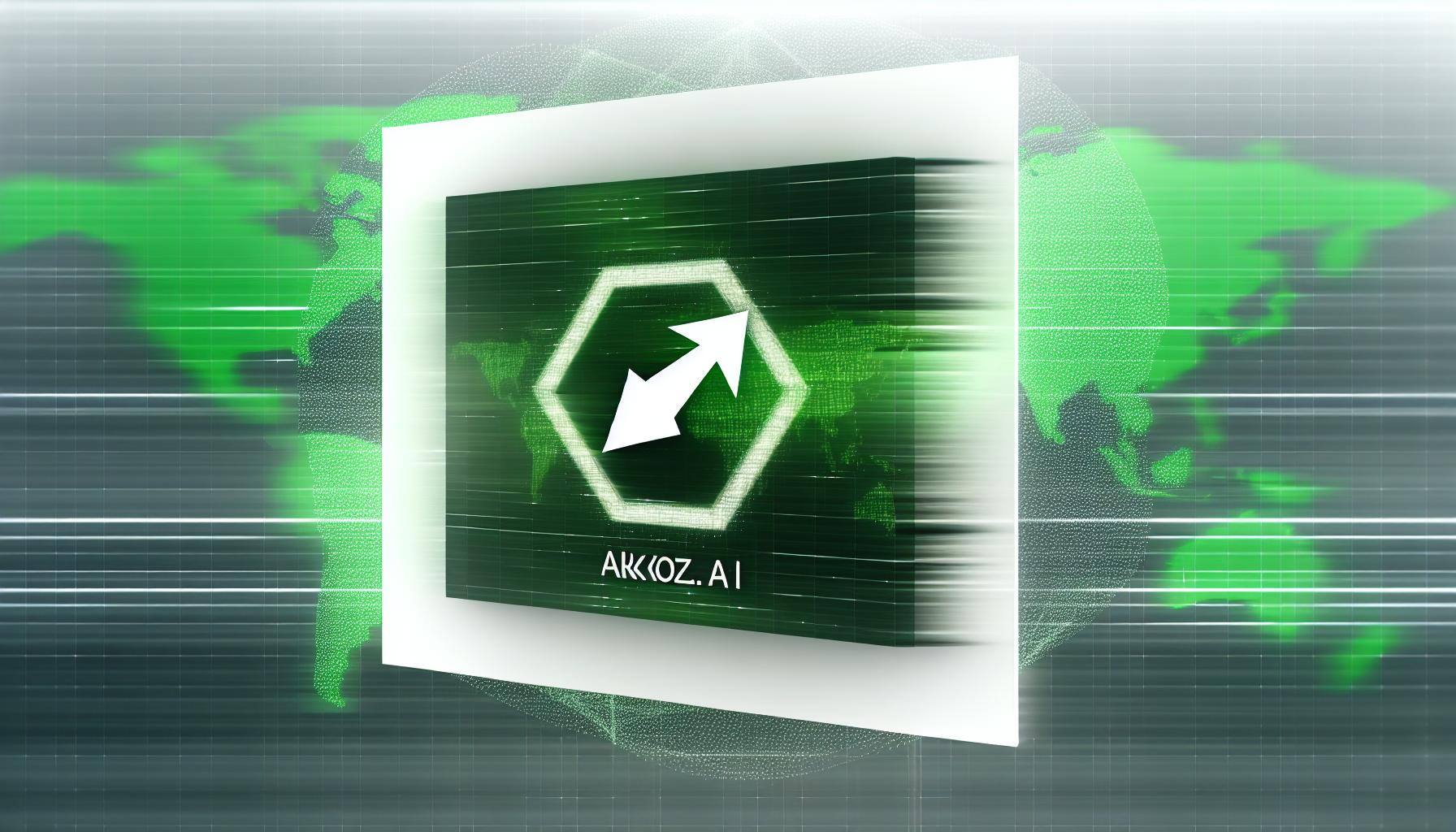Will AI Replace Knowledge Workers?

Introduction
The world of work is constantly evolving, driven by technological advancements that reshape industries and job roles. In recent years, the rise of Artificial Intelligence (AI) has sparked debates and concerns about the potential for AI to replace knowledge workers. Will AI render certain jobs obsolete, or is there a future where humans and AI can work together synergistically? In this blog, we'll explore the evolving landscape of AI in the workplace and the role of knowledge workers in this changing world.
The Rise of AI
Artificial Intelligence has made remarkable strides in a variety of fields, from healthcare and finance to manufacturing, to marketing and customer service. Machine learning, natural language processing, and computer vision are just a few examples of AI technologies that have advanced rapidly. These AI systems can perform tasks that were once exclusively within the domain of human knowledge workers, such as data analysis, language translation, and even creative content generation.
AI's Ability to Automate Tasks
One of the primary concerns regarding the replacement of knowledge workers by AI is the technology's ability to automate tasks. AI can process and analyze vast amounts of data at a speed and accuracy that surpasses human capabilities. For instance, in finance, AI-powered algorithms can execute trades, analyze market trends, and manage portfolios more efficiently than human traders.
Similarly, in healthcare, AI can assist in diagnosing diseases, interpreting medical images, and suggesting treatment options based on extensive databases of medical knowledge. This raises questions about the future role of radiologists and other medical professionals.
The Evolving Role of Knowledge Workers
AI will replace the knowledge workers as they exist today. It will also make evolve what knowledge workers do today and make them more valuable than ever! While AI has the potential to automate certain tasks, it is essential to recognize that knowledge work is not solely about performing routine tasks. Knowledge workers bring unique skills and expertise to their roles, which go beyond data analysis and task execution. They excel in critical thinking, problem-solving, creativity, and decision-making. They possess the ability to synthesize information, interpret context, and adapt to evolving situations.
In many cases, AI is seen as a tool to enhance knowledge workers' capabilities rather than replace them. For instance, AI can sift through vast amounts of data to provide insights and recommendations, which knowledge workers can then use to make informed decisions. This symbiotic relationship between humans and AI can lead to improved productivity and innovation.
AI Augmentation, With Replacement
While replacing knowledge workers, AI is also augmenting their capabilities. It can streamline repetitive tasks, freeing up human workers to focus on higher-level cognitive tasks that require empathy, creativity, and nuanced judgment. This shift in roles can lead to more fulfilling and intellectually stimulating work for knowledge workers.
For example, in the field of journalism, AI can assist in generating reports from structured data, but human journalists are still indispensable for investigative reporting, storytelling, and providing context and analysis. AI can assist, but it cannot replicate the depth of human understanding and the ability to connect with readers on an emotional level.
The Importance of Upskilling
To thrive in a world where AI is increasingly integrated into the workplace, knowledge workers must adapt and acquire new skills. Continuous learning and upskilling are essential to remain relevant in a rapidly changing job market. Embracing AI and learning how to work effectively with it can be a valuable asset for knowledge workers.
Conclusion
While the rise of AI has raised concerns about the potential for job displacement, it is important to view AI as a tool that can complement and enhance the work of knowledge workers. The future of work is likely to involve a symbiotic relationship between humans and AI, where each brings their unique strengths to the table. Knowledge workers who adapt, upskill, and leverage AI as a tool will likely find themselves better equipped to thrive in this evolving landscape. Instead of replacing knowledge workers, AI has the potential to empower them to achieve new heights of productivity and innovation in their fields.





Leave a Comment